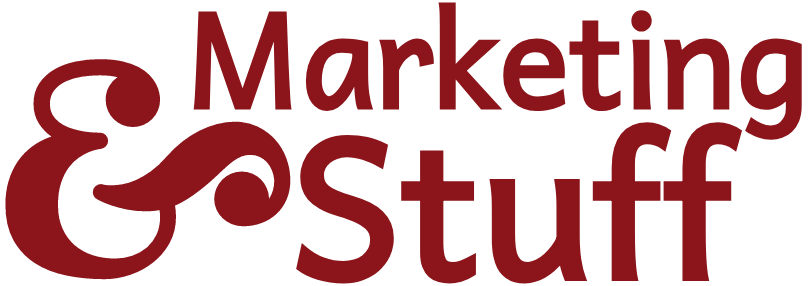I have a weakness for bags, but a recent article joyfully announcing that Prada’s £1500 raffia bag was back in stock for 2022 got me thinking. Yes, it is a nice bag. And yes, I would quite like one – but not enough to spend that much on it. So, I wondered – in these days of rocketing inflation – who apart from the super-rich, would be? And is the bag actually worth that price?
It’s not about the bag, stupid
In the typical gushing, frothy style of fashion writing, we are told that ‘this tote will be the perfect companion for your wardrobe basics this spring’. Taking that the median pay in the UK is £557 per week (ONS, Q1 2022) it’s obvious that this ‘wardrobe basic’ is unaffordable for most people.
And that is really the whole point. Despite the magazine informing us that it’s a must-have item, the price tag puts it out of reach for most people. It’s not about the bag: it’s about what the bag says about the owner, her income, lifestyle, and, by implication, her priorities.
Luxury brands are all about aspiration. With the unfeasibly high prices, they give those who can afford it the satisfaction of knowing that they are one of the privileged few. Anyone who buys this bag is not just buying something to put their sunglasses and beach towel in: they are buying exclusivity. And this exclusivity is what the business of Prada (and other such brands) is built on – not the actual products they create and sell.
Feeding the aspiration
Everyone is familiar with the concept of a loss leader. It’s a staple product, sold at a loss to attract customers. Allowing consumers to sample the wares will encourage more sales and eventually brand loyalty.
This is not really an option for the luxury brands. Selling anything for a cheap (or even reasonable) price would start to erode the brand. They need to keep the reputation of the brand synonymous with luxury to ensure they keep their small and profitable band of loyal customers.
I suppose we could call it a ‘hype leader’. An expensive item that has a lot of buzz created around it that’s designed to emphasise how desirable and aspirational the whole range is. People who find that kind of thing important – and who have the money – will get genuine satisfaction in being able to participate in the lifestyle. But this style of marketing only works if the buzz is big enough. These brands have to take a mass-marketing approach even though their target customers are only a tiny fraction of the audiences they are reaching. The value of the bag diminishes greatly the fewer people there are who are vainly desiring it…
And this is also why these aspirational brands will most likely be able to weather the storm of the current financial crisis. They are not targeting the penny-pinched or financially struggling. Some people may be tempted to splash out on a horrendously expensive bag but they are not the people the advertising is really aimed at.
Luxury in a time of hardship
This post was initially going to question the ethics of promoting luxury items when there is a cost of living crisis. ‘Is it right to push over-priced items on people who can’t afford them? What does it say about the priorities of our society?’
But then I changed my mind for two reasons.
Firstly, there is a tendency in people to relish a bit of luxury during times of hardship – this has even been suggested as the ‘hemline index theory’ that skirt lengths (and therefore the cost of materials) increases as stock markets fall. During the second world war, women used gravy browning to mimic stockings – whereas it would have been far more sensible – and probably less sticky – to just not bother. So, during the current crisis, why not hype up over-priced raffia beach bags if it makes people feel happier about the world? A bit of escapism is probably exactly what is needed just now.
Secondly, and most importantly, it’s a choice. As I explained earlier, the marketing and hype targets a very large audience to entice sales from a very small number of very rich people. Buying the bag is a choice not a necessity.
Can the aspirational influencers survive?
But while it might not be unethical to promote a vastly over-priced beach bag – Prada is simply conducting business as it always has – times have certainly been changing.
Lots of people are comparing the current financial crisis with the 1970s. While there are similarities, there are also many differences. Social media means that public opinion can gather momentum like never before and whether you like it or hate it, virtue signalling has never been more prevalent.
With more and more people struggling to cover even the basic necessities to live, will the lifestyle influencers and the luxury brands behind them be able to maintain their momentum? Or will the tide turn against promoting aspirational lifestyles?

